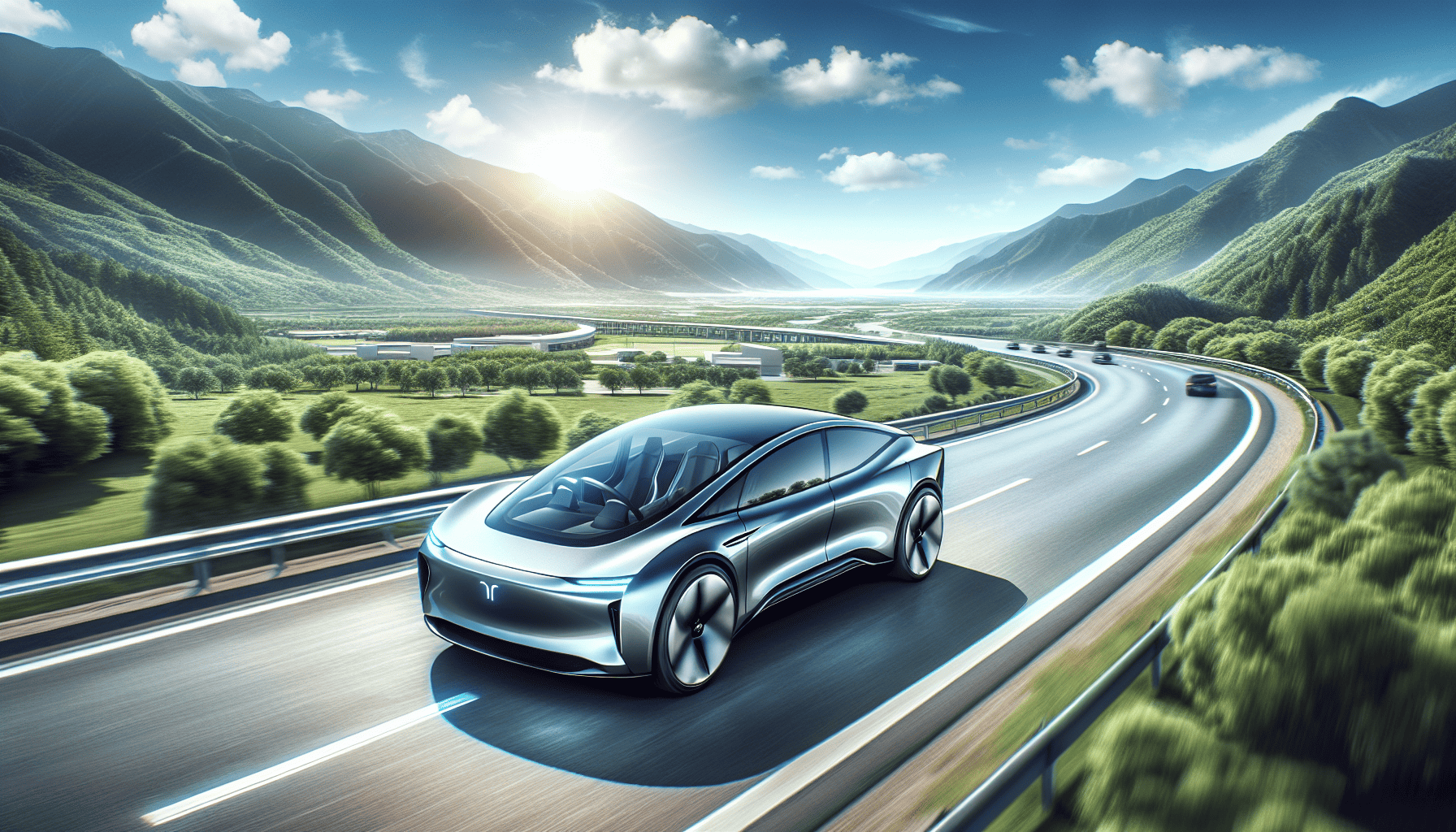Electric vehicles (EVs) are revolutionizing the automotive industry, heralding a new era of sustainability and innovation. As concerns about climate change and environmental sustainability continue to grow, EVs have emerged as a promising solution to reduce greenhouse gas emissions and reliance on fossil fuels.
The Technology Behind EVs
At the core of electric vehicles is their advanced technology, which sets them apart from traditional internal combustion engine vehicles. EVs are powered by electric motors, which are energized by batteries that store electricity. The most common type of battery used in EVs is the lithium-ion battery, known for its high energy density and long cycle life. These batteries can be recharged by plugging the vehicle into an electrical outlet or using a dedicated charging station, making powering these vehicles increasingly convenient as infrastructure improves.
Moreover, the ongoing advancements in battery technology are enabling longer ranges, faster charging times, and reduced costs. Innovations such as solid-state batteries stand to further transform the industry by offering even greater efficiency and safety.
Benefits of Electric Vehicles
The shift to electric vehicles offers numerous benefits:
-
Environmental Impact: EVs produce zero tailpipe emissions, significantly reducing air pollution and contributing to cleaner urban environments. When powered by renewable energy sources, their carbon footprint is even smaller, making them an environmentally friendly option in combating climate change.
-
Cost Savings: Despite higher upfront costs, electric vehicles are generally cheaper to maintain than traditional cars. They have fewer moving parts, which translate to fewer repairs and lower maintenance costs. Additionally, electricity is often cheaper than gasoline, providing significant savings over the life of the vehicle.
-
Performance: EVs are known for their instant torque and smooth acceleration, resulting in a responsive and enjoyable driving experience. The placement of batteries also lowers the vehicle’s center of gravity, enhancing stability and handling.
Shaping Future Roads
The widespread adoption of electric vehicles is reshaping our roads and transportation systems. Governments and private sectors are investing in expanding charging infrastructure to meet increasing demand, which is critical for mass EV adoption. Innovations in smart grid technology and vehicle-to-grid integration are further enhancing the efficiency and reliability of EV use.
Moreover, the global push for sustainable transport is leading manufacturers to reevaluate their production processes, incorporating renewable materials and sustainable practices. This shift is not only driving environmental benefits but also fostering economic growth through new industries and job creation in the clean energy sector.
In the near future, autonomous driving technology and EVs are expected to converge, promising safer, more efficient, and convenient transport solutions. Urban planning and public transportation systems are also poised to evolve, integrating EVs into a broader mobility network that could include shared and connected transport solutions.
Conclusion
Electric vehicles are more than just a trend; they represent a crucial step in transitioning to a more sustainable and innovative transportation ecosystem. As technology continues to advance and adoption becomes widespread, EVs will play an integral role in shaping the roads of the future, offering cleaner, more efficient, and more sustainable transportation solutions for generations to come.
